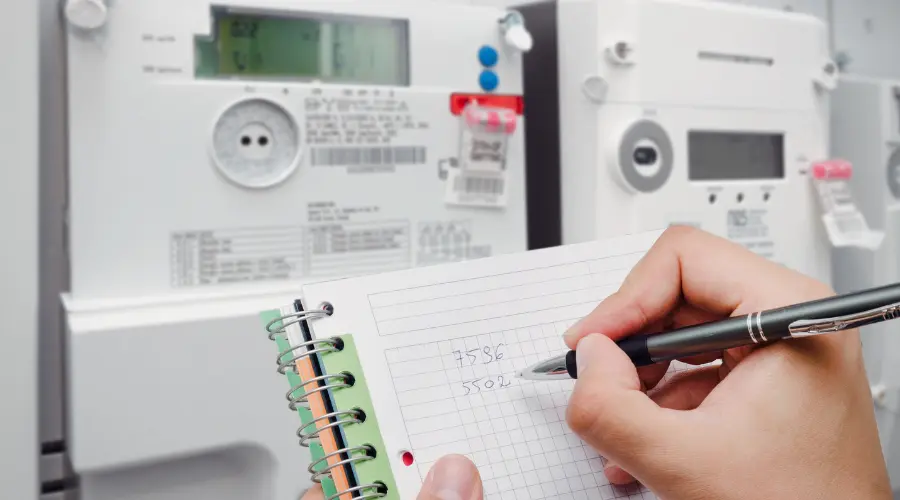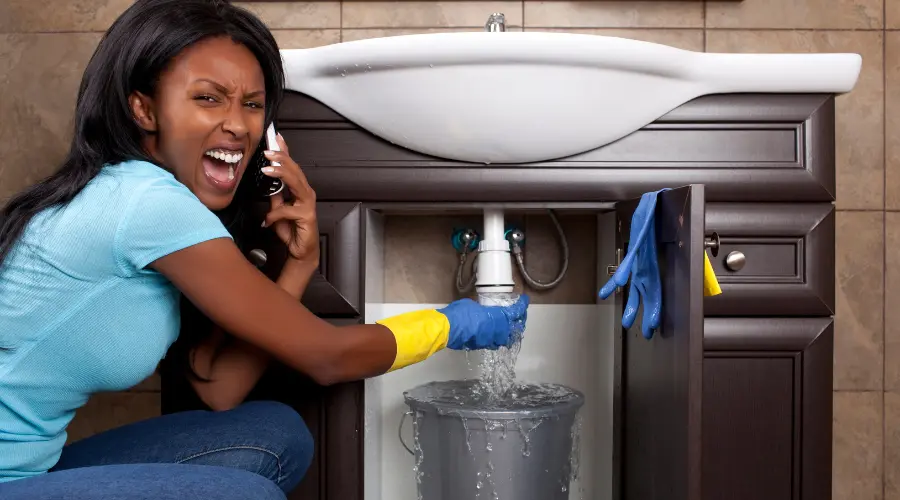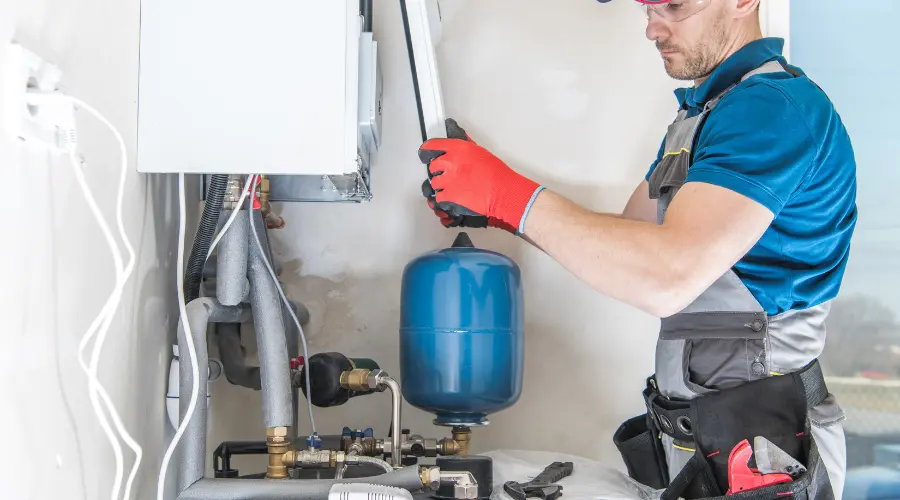When you own a home, it can feel as though everything in and around the property requires some form of maintenance.
And while this is, for the most part, accurate, there are occasions when we wait for things to break before completing the necessary maintenance.
Let’s use residential radiators as an example. Just give it some thought. When was the last time you took preventative measures to maintain it?
After enduring what felt like an endless winter, we thought it would be a good idea to provide some advice on how you may avoid and repair the most common causes of radiator leaks.
Why Do Residential Radiators Often Have Leaks?
Because most property owners aren’t aware that even the most basic chemical reaction can create corrosion and leaks in your heating unit, we felt it would be best to begin here. Usually brought on by neglecting to clean the sludge that builds up in residential radiators; if this sludge is allowed to fester, it can create very small holes in the radiator, which can then lead to leaks.
Steel and water will always produce a reaction. Take the time to inspect your system and remove any mud-textured stuff that can cause the radiator to cease functioning properly even if you aren’t planning to repair your home’s radiator. If you are planning to replace your home radiator, then skip this step.
What Can I Do to Prevent Rusting?
Be certain that the plumber who installed your unit rinsed out the system thoroughly, removing any and all debris, if your system is still covered by a warranty. The likelihood of corrosion is increased by any waste that circulates through your system multiple times.
However, if all debris has been removed from your system, we suggest that you apply a corrosion inhibitor. Because this provides your item with an additional layer of protection, it helps slow down the process of corrosion and adds to the amount of time it will last you.
What Should I Do If I Already Have a Leaking Unit?
Even when your radiator is dripping with water, it does not necessarily follow that you need to look into buying a new unit. Radiator leaks do not necessarily result in exorbitant repair bills, despite the widespread perception to the contrary.
Here’s what you should do if your radiator is leaking water:
- Determine the location of the source of the water. Find the source of the leak and ensure that the radiator is completely dry before continuing.
- If it appears to be coming from one of the valves, you will probably need to call a plumber. Get a wrench and turn the valve on the radiator all the way counterclockwise. This ought to stop the leakage in the meantime until your plumber makes his way over to your house.
- The source of the leak may at times be determined to be the intersection of a pipe and one of the valves. Do it yourself first and then call the repairman to come to fix the loose bolts. This could very well be the answer to the issue that you’re having.
- However, if the leak is originating from your electric radiator, this is an indication that your radiator does need to be changed as soon as possible.
The process of replacing your radiator is never enjoyable, and the out-of-pocket costs can be quite high. If you haven’t already done so, we strongly recommend that you run a basic maintenance check on your system before it is too late to do so. To avoid having to replace your home radiator, preventative maintenance should be performed as soon as possible.
We are the most comprehensive radiator and heating equipment retailer on the internet
Looking to purchase a radiator for your home? Have you looked at our buyer’s guide?





